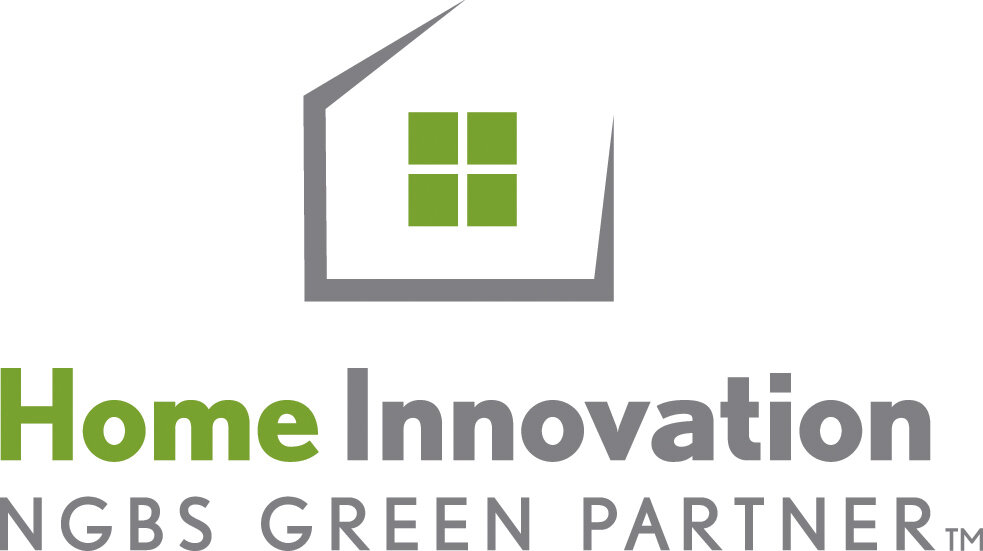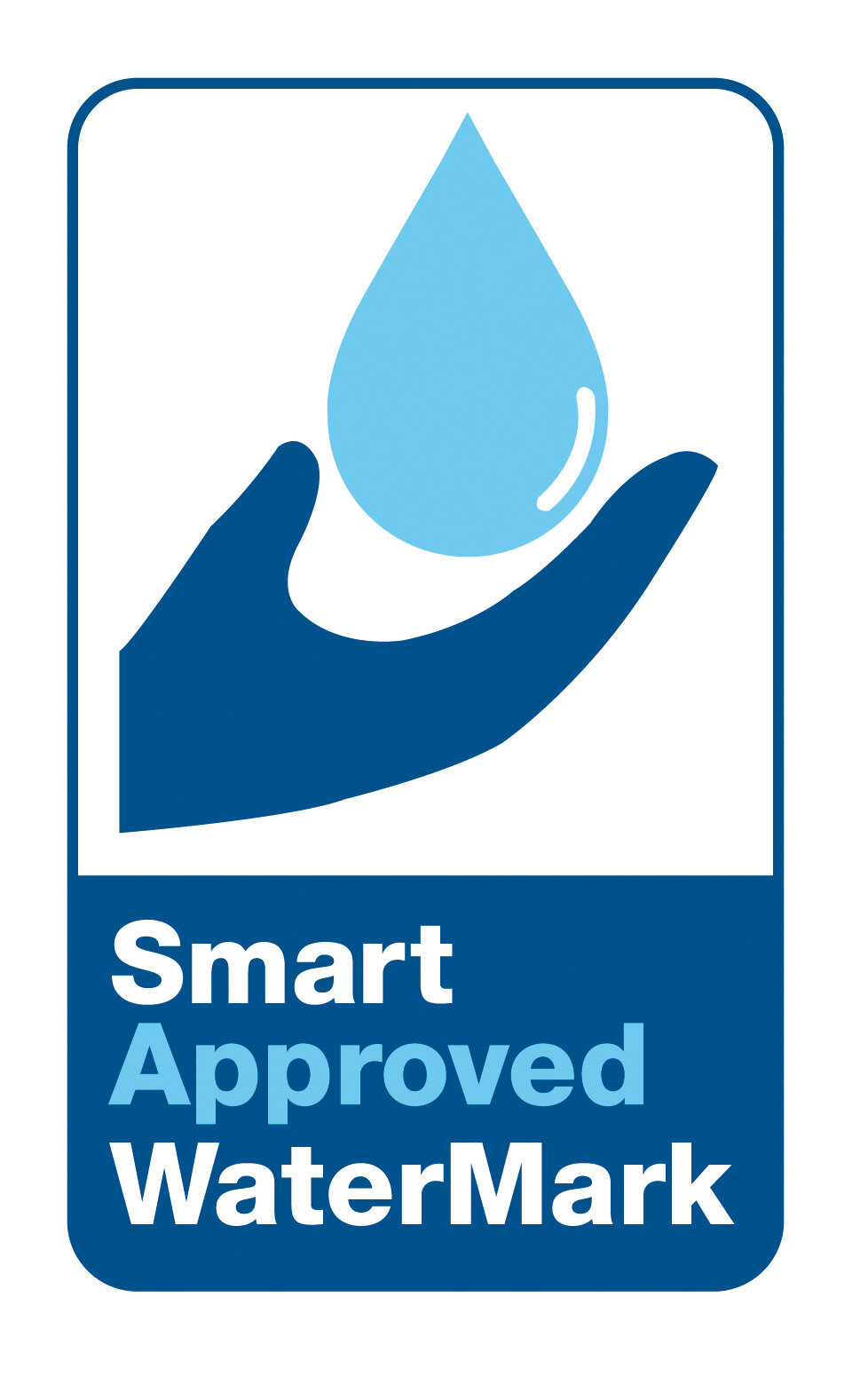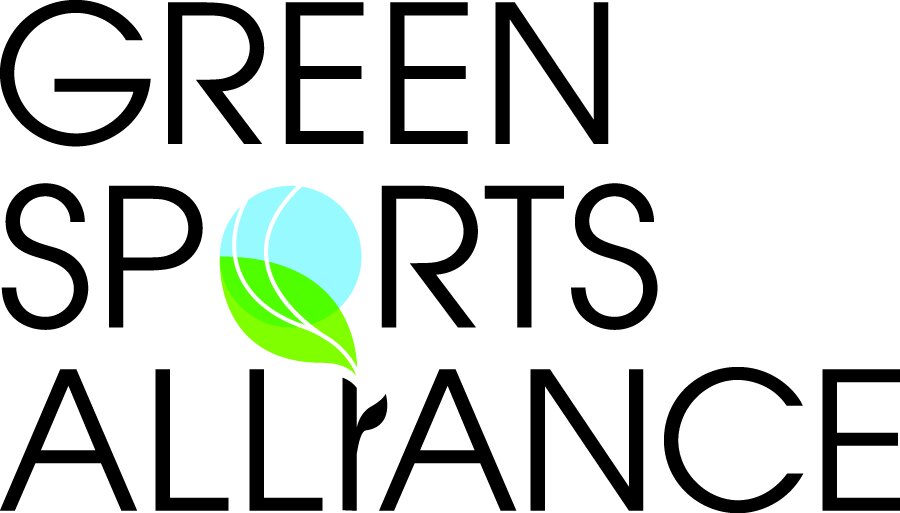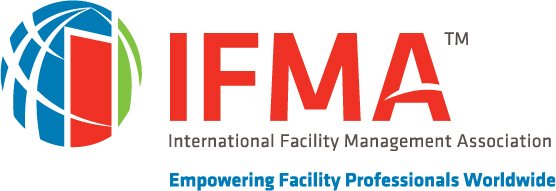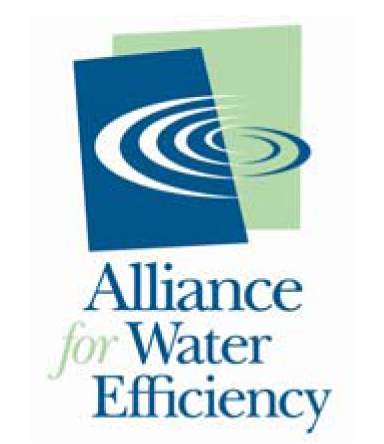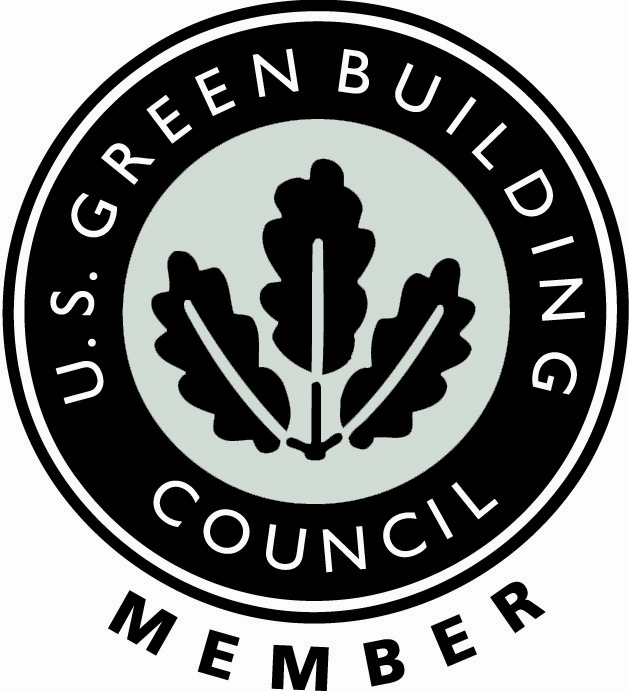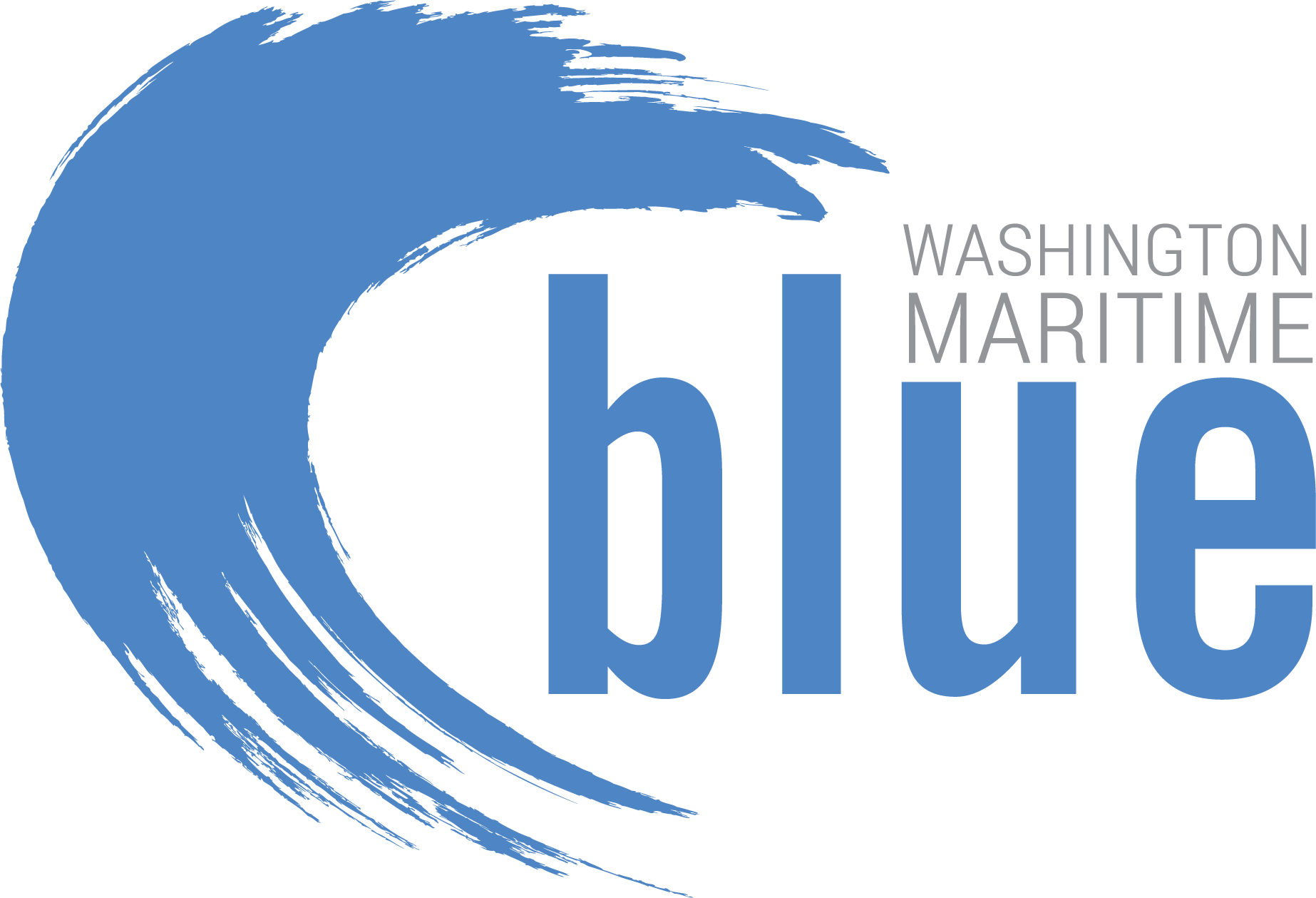Back in the 1970s, when California first experienced serious water shortages, citizens and businesses were asked, and in some cases required, to scale back on water consumption. While it was inconvenient, most everyone in the State believed the restrictions were only temporary. The assumption was that once a major rain or snowfall event occurred the shortage would be over and everything would be back to normal…and they were invariably right.
We referred to the actions the state took in those days as water conservation. People and industry conserve water during droughts but it is always with the expectation that in a few months, or possibly a year, it will all be over.
In the past 15 years or more, it has been increasingly clear that conservation alone was no longer adequate. Steps needed to be taken to reduce water consumption on a more long-term basis. Hearing this call and realizing future water shortages were likely to impact more areas in North America outside of California, manufacturers of virtually all water-using devices—from restroom fixtures and landscaping systems to HVAC chillers—developed product technologies that use water more “efficiently.”
And, using water more efficiently has helped California tremendously during its current four-year drought. Without more water efficient technologies, products, and fixtures, the very serious water restrictions that were just recently implemented in the state—a 25 percent reduction in water consumption—would likely have been instituted much earlier.
But now the state’s water officials believe we must reevaluate our entire view of how we use water. To do this, they have started using a word that might sound a bit harsh, but it is also much more direct and because of this, may produce results.
Instead of asking the state’s citizens and businesses to conserve water or use it more efficiently, they are now being asked to simply stop “wasting” it. And as water conditions in the state become increasingly stark, this may prove to be the right word at the right time.
We are asked not to “waste” things all the time. In some offices, for instance, many managers now require that both sides of copy/office paper be used before disposing or recycling; anything less would be wasting paper. Most environmentally astute people now collect plastic bottles, cans, and other products for recycling. Just disposing of these items would be wasteful. And of course when we were all kids, we were told not to waste food.
Now, this same concept is being applied to water.
However, in reality, encouraging people and industry not to waste water is old news to California. In 1990, the City of Hollister, in central California, passed an ordinance prohibiting water waste. At that time, city officials were transparent as to what constituted water waste and provided clear terms associated with it.
For instance:
· “Non-essential water use” was defined as the indiscriminate or excessive dissipation of potable (drinkable) water which is unproductive or does not reasonably sustain economic benefits or life forms.
· “Water waste,” includes the non-essential use of water and takes this a step further. Water waste, according to the ordinance, was the indiscriminate, unseasonal, or excessive running or dissipation of potable water.
Examples of water waste, according to the ordinance, included such things as any use that causes water to “run to waste.” For example, watering of lawns and landscaped areas where water also falls on sidewalks and streets and then runs into gutters. According to the ordinance, this is an example of not using water to “sustain economic benefits or life forms,” making it waste.
Other examples are somewhat less noticeable. In fact, many of these are things we use every day without giving them a second thought. For instance, most of the water using fixtures in a commercial restroom or residential bathroom waste millions of gallons of water every year without us realizing it.
The bottom-line is officials now want everyone in the state to use water more responsibly and only for constructive purposes. Any purposes other than that would be considered waste. Even when we are conserving water, significant water is still wasted. When we use water efficiently, once again, some water is wasted. Now the call is to be aware of this waste and put an end to it.
A frequent speaker and author on water conservation issues, Klaus Reichardt is founder and managing partner of Waterless Co. LLC, Vista, Calif. Reichardt founded the company in 1991 with the goal to establish a new market segment in the plumbing fixture industry with water conservation in mind. The company’s key product, the Waterless No-Flush urinal, works completely without water




